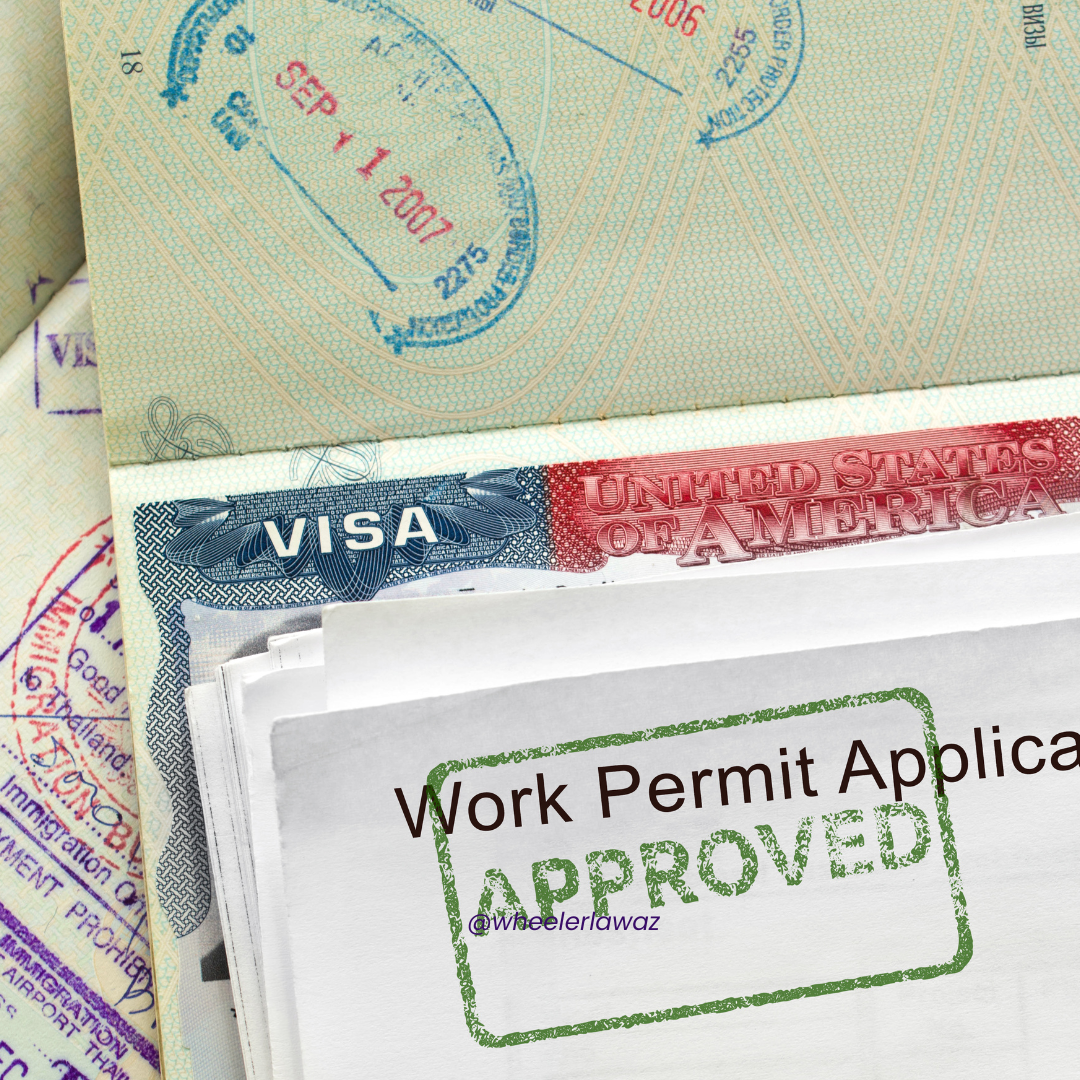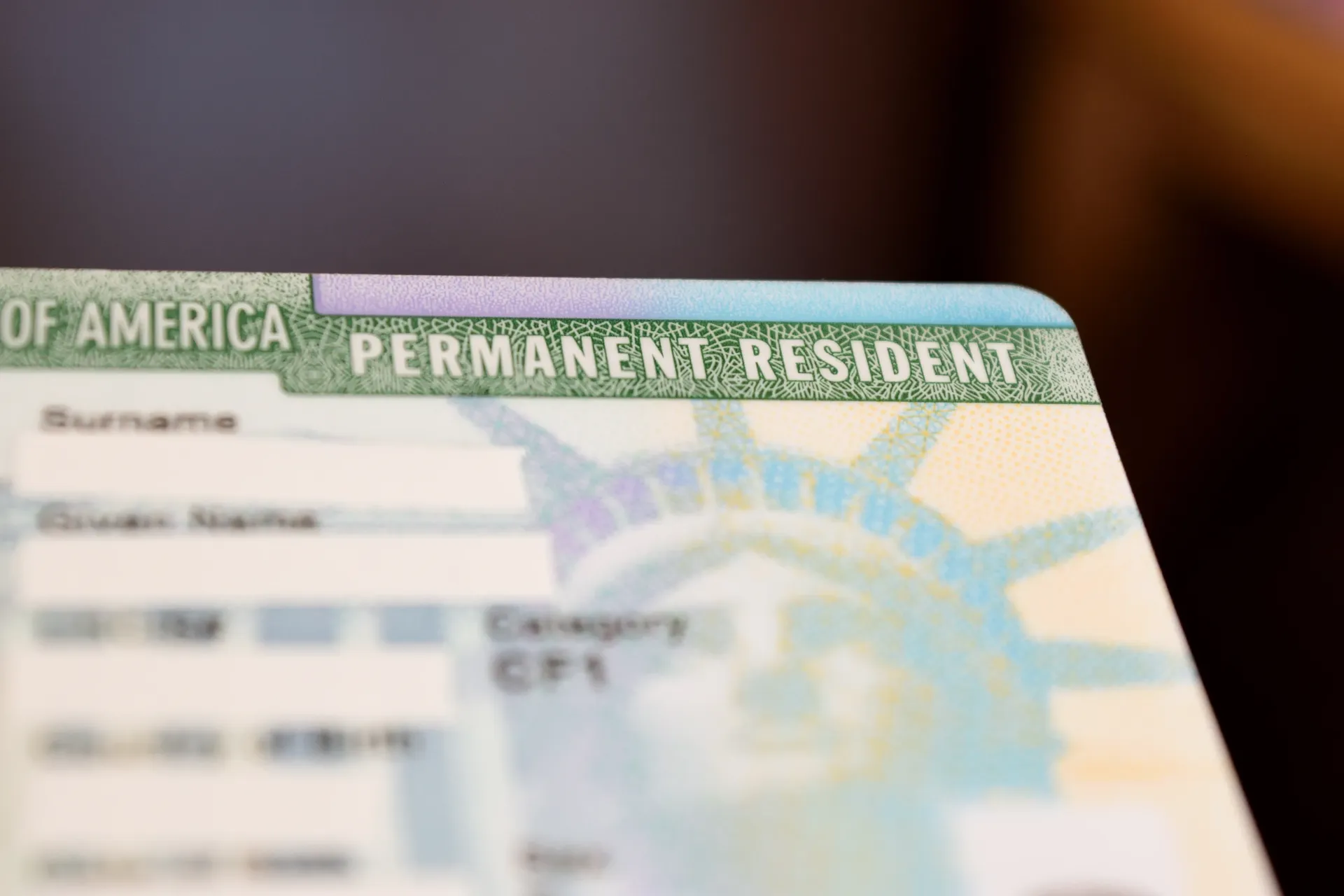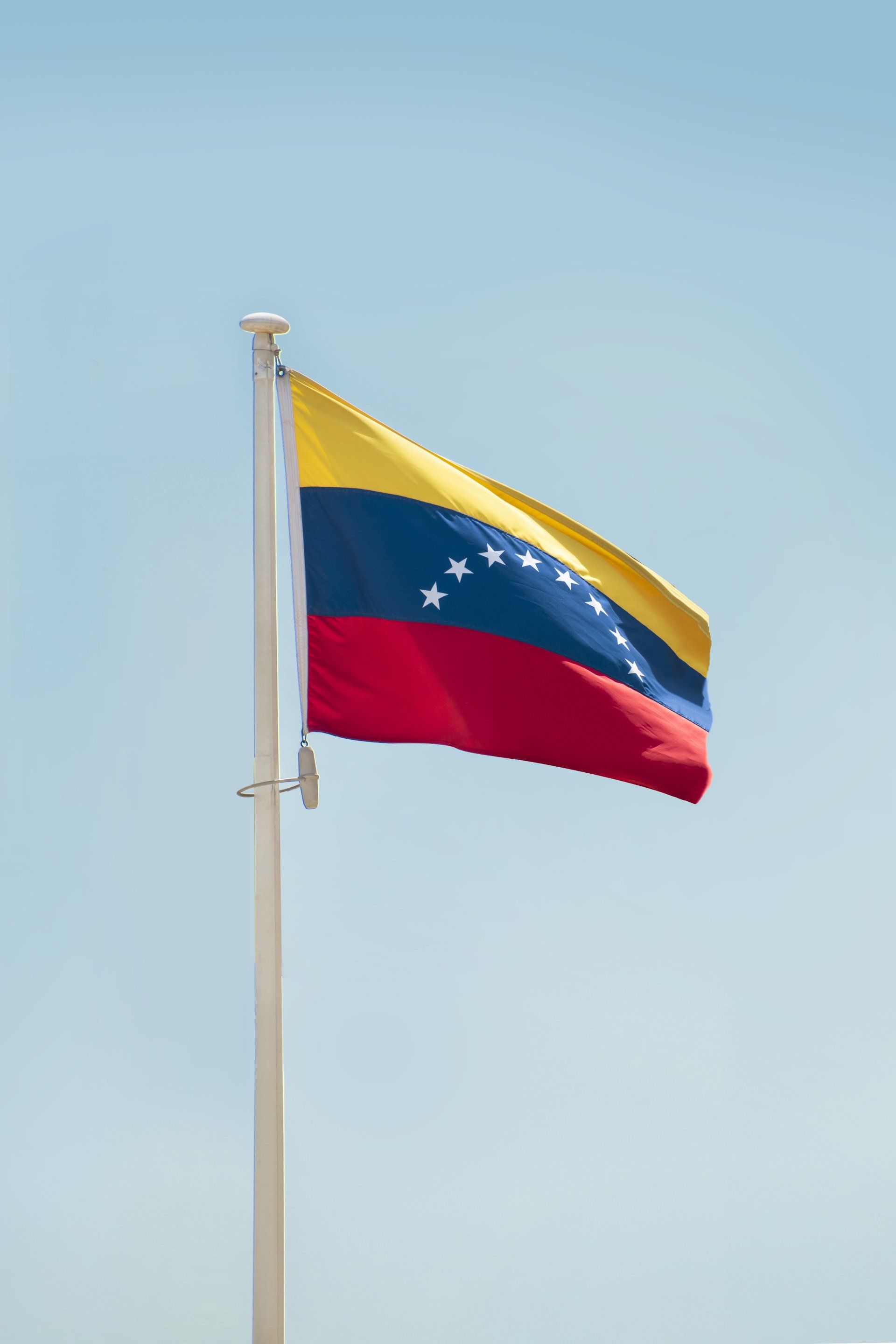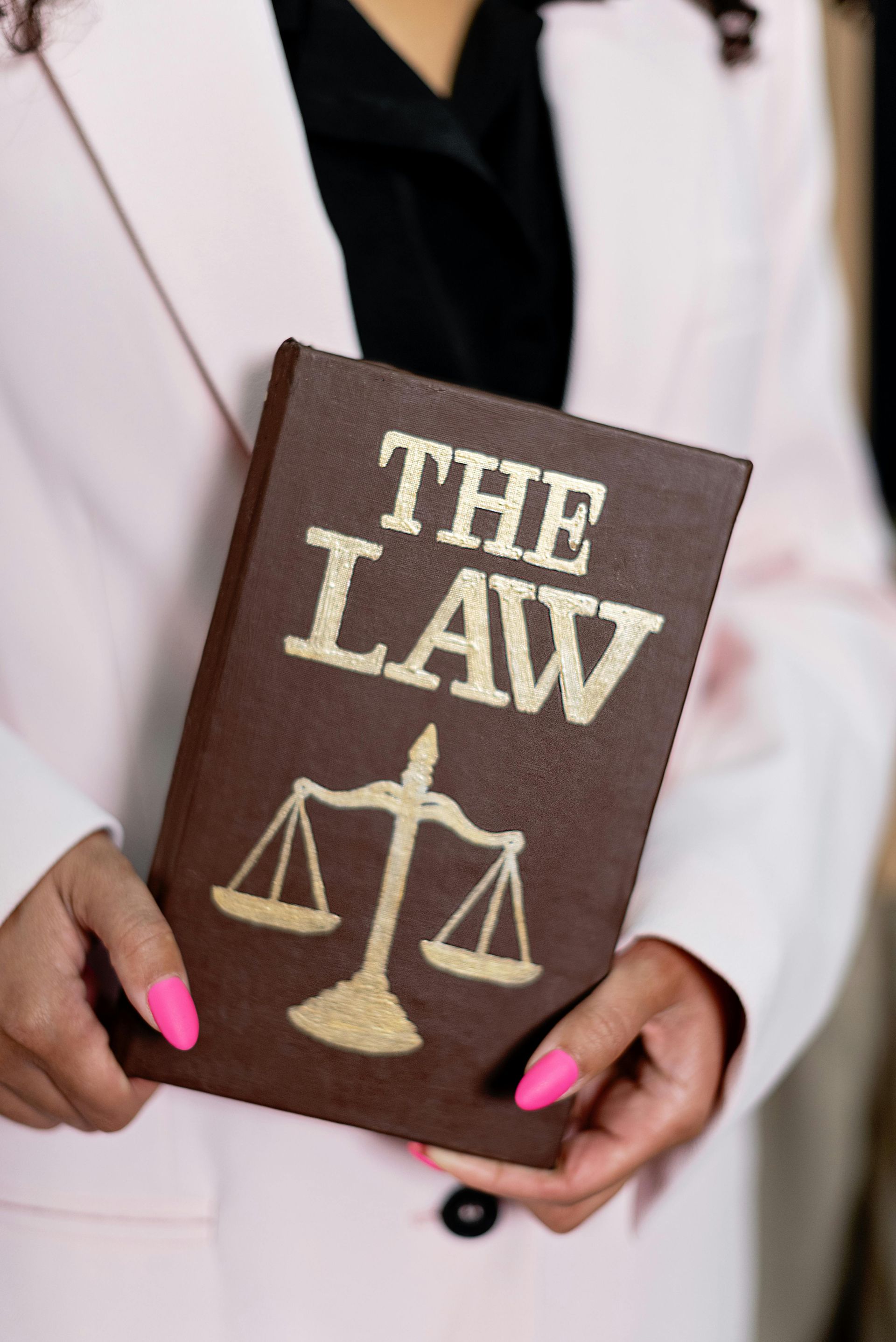Contact Us
Phone: 602-586-5625
Location
7227 N. 16th Street
Suite 195
Phoenix, Arizona 85020
Hours
- Mon - Fri
- -
- Sat - Sun
- Closed
Consular Processing
Consular Processing
What is Consular Processing? Do you qualify? Is it the best pathway for your journey to permanent residency in the United States?
In this blog, we are going to discuss what consular processing is, the benefits, disadvantages, the steps to take, the interview process, and more. If you, or a loved one, wants to learn even more about consular processing, contact Wheeler Law to start your fight for permanent residency.
What is Consular Processing?
Consular processing is the application process for a U.S. green card when applying from outside of the United State. The application process for a green card (legal permanent residency) varies depending on whether you’re already in the United States, or still in your home country. Consular processing is different from Adjustment of Status (AOS), which is used to apply for a green card from inside the United States.
Who needs consular processing?
- Applicants who entered the United States without authorization. ***Be sure to consult with Wheeler Law because multiple unlawful entries can affect one’s ability to apply for consular processing.
- Applicants who are living outside of the United States.
What is the benefit of consular processing?
- Ability to obtain lawful permanent residency in the United States.
What is the disadvantage of consular processing?
- If you are currently in the United States, you need to depart the United States to attend the consulate interview and cannot return unless your case is approved.
Steps for when you are outside the United States:
If you are outside of the United States, you may apply in the U.S. Department of State consulate abroad for an immigrant visa in order to come to the United States and be admitted as a permanent resident.
What are the steps for consular processing?
Once an individual has an approved I-130 family petition, USCIS notifies the National Visa and a case is opened with the National Visa Center. The applicant will then receive the login information to gain access to their online portal on the U.S. Department of State website. The applicant will need to complete the DS260 application and upload supporting documentation through their online portal. The National Visa Center (NVC) will review the application and supporting documents. Once all documentation is received, the National Visa center will notify the applicant that his, or her, case is “documentarily qualified.” The consulate in the applicant’s home country will be notified and will schedule the applicant’s interview date.
****If you are currently in the United States, or have previously been in the United States and then departed, be sure to consult with Wheeler Law to determine if you need a waiver of inadmissibility!
What do I need for a consular appointment?
- Original documents of all documents submitted in online portal
- Updated financial documents for your sponsor
- I-130 approval notice
- Any and all waiver approval notices, if applicable
Wheeler Law is available to answer any other questions you may have, and/or help you take the next steps to your, or your loved ones, future. Wheeler Law works hard to defend your legal rights and keep families together. Call us now to schedule a consultation: 602-586-5625.
Follow us on social media for more tips about consular processing





Schedule a Case Evaluation
Contact us now!
Disclaimer: The information on this website is for general information purposes only. Nothing on this site should be taken as legal advice for any individual case or situation. This information is not intended to create, and receipt or viewing does not constitute an attorney-client relationship.
All Rights Reserved | Wheeler Law | Powered By Convert It Marketing | Privacy Policy
All Rights Reserved | Wheeler Law | Powered By Convert It Marketing | Privacy Policy




